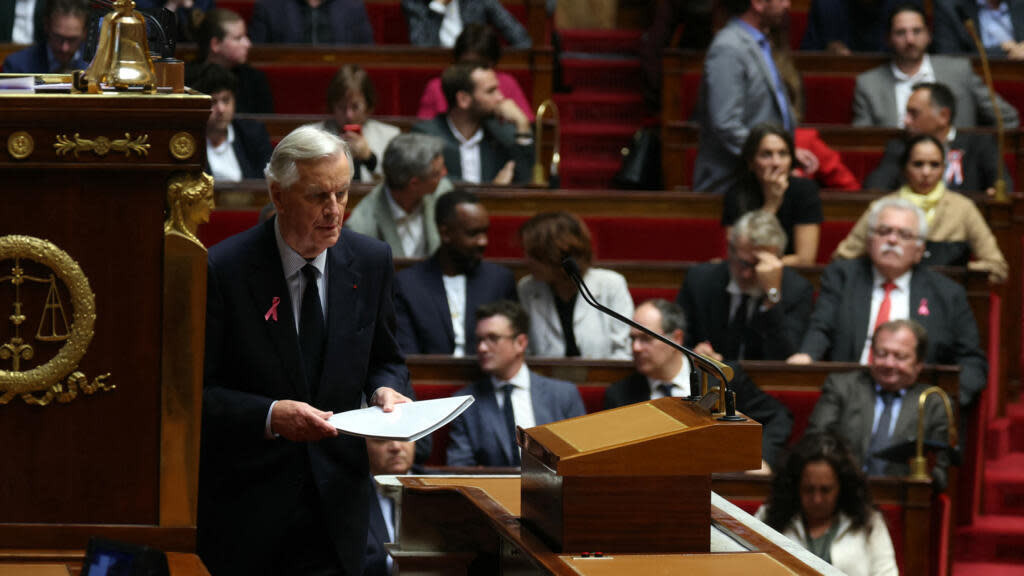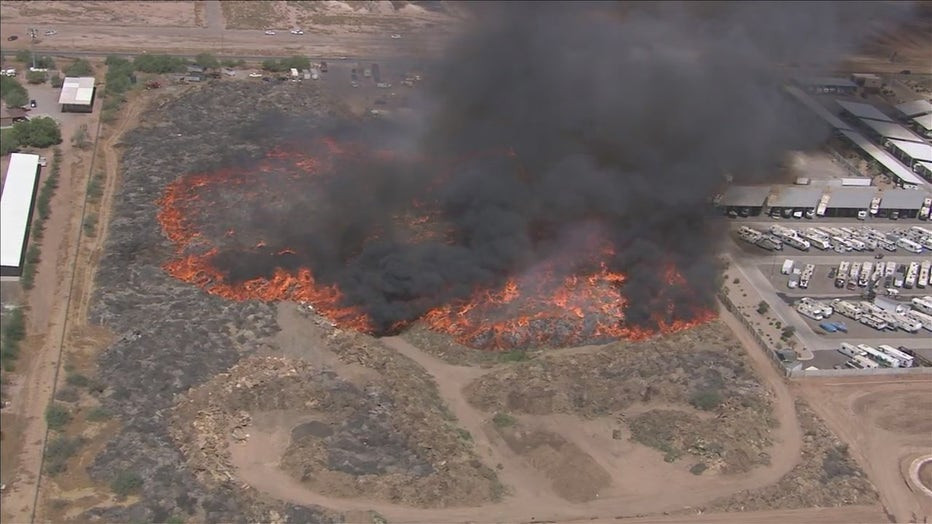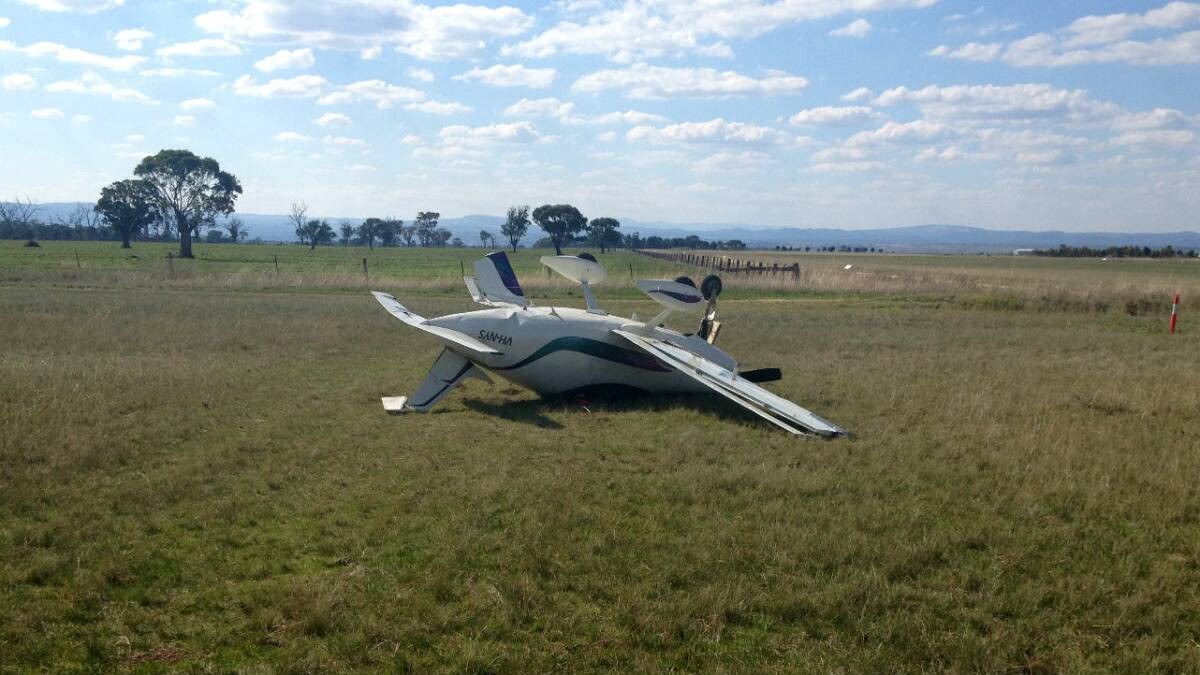Chrystia Freeland's Resignation: A Political Earthquake in Canada
Chrystia Freeland, Canada's former Finance Minister, sent shockwaves through the nation with her abrupt resignation on December 16th, 2024. Her letter, shared publicly on social media, detailed her disagreements with Prime Minister Justin Trudeau, specifically regarding the handling of looming US tariff threats. The timing – the same day as the government’s economic statement – deepened the crisis engulfing Trudeau's already weakened minority government.
The Resignation Letter: A Calculated Move?
Experts have dissected Freeland’s letter, noting a shift from respectful deference to a more pointed critique of Trudeau's leadership. Professor Stéphanie Chouinard of Queen’s University views the letter as a strategic move, stating, “If Ms. Freeland’s intention was to go for the jugular of Justin Trudeau, it’s a very good letter. While remaining diplomatic, it makes very clear the disagreements that justify her resignation.” Emmanuel Choquette, who teaches political communication at the Université de Sherbrooke, highlights Freeland's emphasis on “trust,” arguing that her decision stemmed from a loss of confidence in Trudeau's leadership. The use of words like “honest” and “viable” underscores Freeland's commitment to integrity and her desire to maintain a positive public image.
The Fiscal Prudence Angle
The letter's most significant passage, according to Choquette, involves Freeland's clear disagreement with the government's approach to fiscal policy. He notes, “By indicating her disagreement very clearly, she positions herself as fiscally prudent, capable of facing critical situations.” This contrasts with Trudeau's perceived willingness to use politically expedient, costly measures.
Economic Warning and Political Fallout
Freeland’s letter served as a warning, particularly concerning the potential for a US-initiated trade war and the resulting economic uncertainties. She highlighted that “costly political gimmicks,” a reference to the government’s short-term fiscal stimulus measures, cannot be afforded given the situation. The letter also hints at a broader message, one directed to provincial premiers who had criticized the federal government’s response to the US tariff threats. Chouinard suggests Freeland shared some of the premiers’ concerns, indicating that she's ready to work with them, should they be at odds with Trudeau.
The Future for Freeland and the Liberals
Freeland's letter concludes by affirming her continued presence within the Liberal party, signifying a targeted attack on Trudeau's leadership rather than a complete break from the party. Chouinard believes that despite her departure from cabinet, her legacy will be marked by her principles and close association with Trudeau. The “olive branch” extended to other Liberals suggests an attempt to build alliances within the party against Trudeau’s leadership, further destabilizing the government. This leaves Trudeau's position even more precarious, especially since he's lost another member of his cabinet - Housing Minister Sean Fraser. Fraser's departure is linked to family reasons.
The Economic Statement: A Storm of Its Own
The economic statement released on the same day as Freeland's resignation revealed a significantly larger-than-expected deficit – $62 billion CAD, far exceeding the projected $40.1 billion. A large portion of the overage stems from unforeseen legal liabilities, including significant indigenous claims. While some of this stems from issues outside the government’s direct control, the fact that this information surfaced only nine months after the fiscal year’s end is highly unusual. This casts further doubt on the credibility of the government's fiscal planning and Trudeau’s leadership. This, coupled with Freeland's resignation, paints a grim picture for the already fragile Liberal government.
Missed Targets and Economic Realities
The statement showed that none of the three fiscal targets Freeland set in the March 2024 budget have been met. Debt-to-GDP ratio remained unchanged, and the deficit-to-GDP ratio failed to follow the projected downward trend. Ironically, the Canadian economy performed better than initially forecasted in 2024, defying the narrative that economic headwinds were responsible for the missed targets.
A Government on the Brink: The Road Ahead
Freeland's dramatic resignation, combined with the revelation of a massive deficit, has left Trudeau's government significantly weakened. Opposition leaders have seized upon the crisis, calling for Trudeau to step down. The upcoming federal election, scheduled for no later than October 2025, casts a long shadow on the government's stability. The next few months will be critical in determining the future of Trudeau's leadership and the Canadian political landscape. The situation presents a considerable challenge for Dominic LeBlanc, Freeland’s replacement as Finance Minister, who must navigate the complex economic and political landscape, especially the looming threat of US tariffs. The next few months will certainly be tense and will have wide-ranging implications for Canada.
The situation is undeniably precarious for Trudeau and his government, making the upcoming months a pivotal time in Canadian politics. The political climate is volatile, and the international economic landscape adds another layer of complexity. The path forward is uncertain, but one thing is clear: Canada is facing a period of significant political and economic upheaval. The next few weeks and months will be crucial in shaping the course of the nation's future. This unfolding situation underlines the need for strong, transparent leadership in times of crisis, and time will tell if the Liberal Party can weather the storm.

















